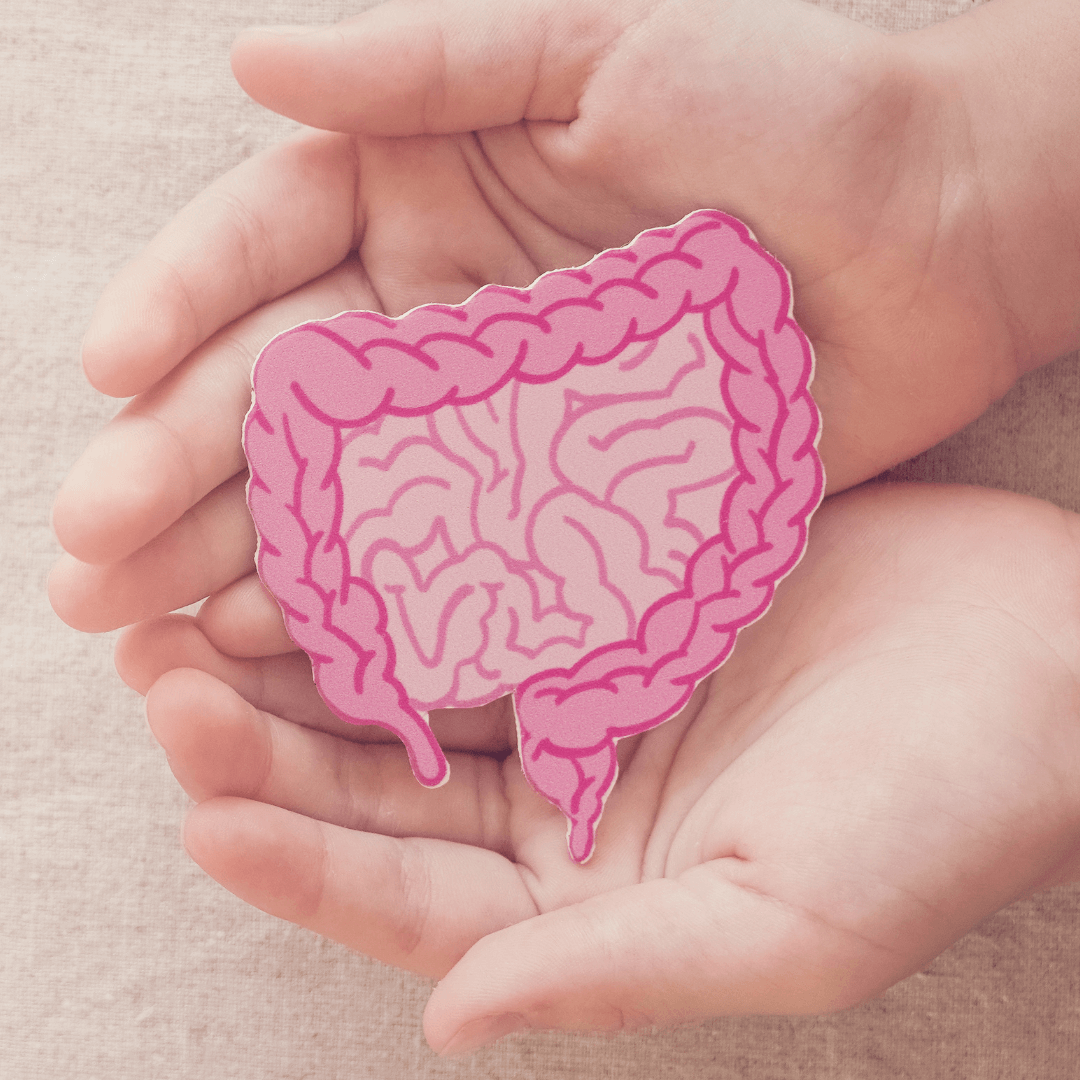Great! It’s ‘just IBS,’ according to your GP. You can breathe a sigh of relief that it’s nothing more serious! But what next? Whilst the diagnosis itself may bring some reassurance, as a condition it is woefully under-researched by the NHS. You may have just been told to avoid stress, and spicy food and just ‘deal with’ the symptoms.
As a registered Nutritional Therapist who specialises in this complex condition, there is so much you can do to overcome your symptoms, even if they are very debilitating.
When working together, I will first look to optimise your diet. Many people with IBS-D (diarrhoea-type) can have nutrient deficiencies, as their digestive transit is effectively running too fast. Optimising nutrients such as B vitamins for energy or vitamin D and zinc for immune function can have far-reaching outcomes in terms of your wellbeing. We can even run a functional nutritional test such as Metabolomix to ascertain your unique nutrient needs through a urine test which assesses your individual need for specific nutrients. Click here for a sample report.
If everything is running too slowly, as in IBS-C (constipation-type), a supplement such as PHGG (guar gum) can be helpful for adding water to your stool. You can buy this as a supplement powder and simply add it to a cooled cup of herbal tea at the start of your day.
If you have IBS, you likely have certain triggers. Whilst they can be spicy foods, often it is down to your unique microbiota balance of bacteria within your GI tract. A simple stool test, such as Invivo Healthcare’s GI EcologiX test can be helpful to check overall digestive markers such as inflammation and dysbiosis. It can also check if any viruses, worms or bacterial parasites are present in the gut or if there are issues with thinning of the gut lining (‘leaky gut’).
I consider your whole body from a holistic perspective so we may discuss stress management and sleep, both of which can also play a role in the maintenance of your IBS. You may have heard of the Vagal Nerve, which is thought to connect your emotional body to your physical body.
If it is under-stimulated or over-stimulated, it can send anxious messages to your gut to speed up or slow down your digestive tract. There are lifestyle practices such as humming or gargling that I can teach you to improve its tone.
Likewise, if the initial improvements to your diet and lifestyle don’t result in a full improvement of your symptoms, I don’t stop there! I will dig deeper to see what else is contributing to your digestive problems, such as food intolerances, allergies, or even SIBO (Small Intestinal Bacterial Overgrowth), which I can test for.
Click here to speak to me today to see if I am the right practitioner to help you on your IBS journey to wellness. There are always small changes you can make to improve your digestive health, which I can guide you through.
